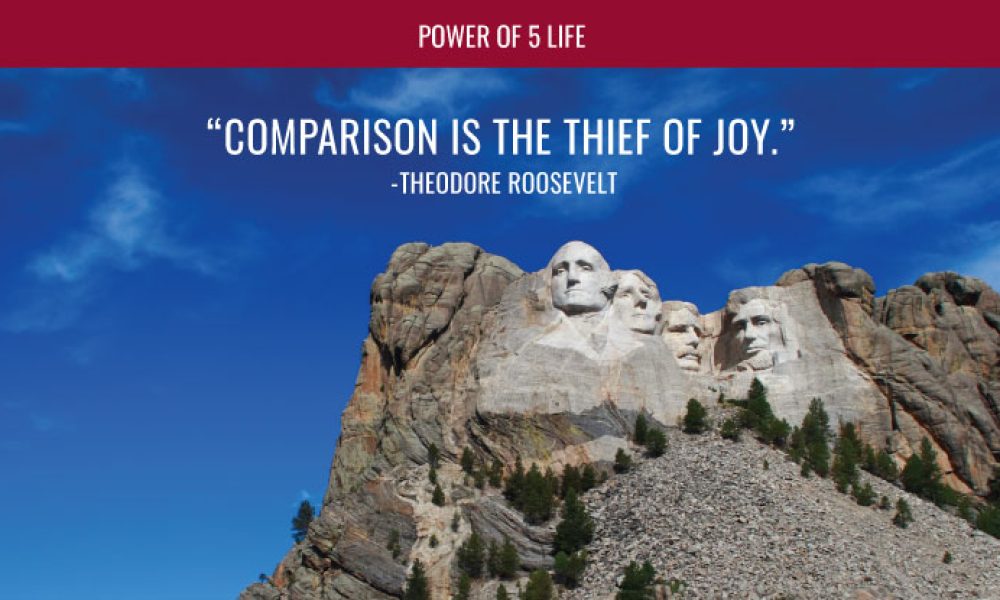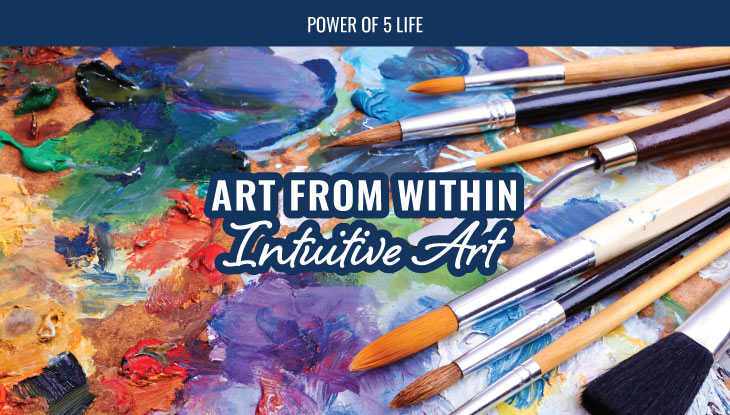Stealing Your Joy
There’s one quote that has been rattling around in my brain, and even more so these past few years:
“Comparison is the thief of joy.”
January is the perfect time to focus on having positive mental health and attitudes along with contentment and happiness. So let’s start by making sure comparison works for you and not against you.
The Comparison Game
As I transitioned to being a grandparent, I couldn’t help but overhear parents/grandparents comparing their children/grandchildren to others. What I often discerned was a feeling of apprehension when a child did not match up to a specific milestone of another child. The emotions reached an even higher level when a teacher or paraprofessional offered their unsolicited educated or uneducated opinion.
When patients are told by other health care professionals that their disease was “the worst,” or their tumor was “the largest they had ever seen,” that negative information becomes imprinted in their brain. Similarly, anxiety and despair can result when young parents compare their children to others, either driven by themselves or provoked by what others may think or say.
As a physician, I learned to avoid comparing results or outcomes as it led to unrealistic expectations and eventual disappointments. No one benefits from such information. Instead, I would compare results to previous results and offer encouragement and motivation.
It became à propos when I heard the quote, “Comparison is the thief of joy.” (Although often credited to Theodore Roosevelt, apparently there is controversy about who said it.) The idea is profound.
Another Perspective
There is another way to consider the impact of comparisons. Here is the perspective from my workout partner Alice, who was a division one college athlete and possesses a vigorous training and competitive spirit. She learned “never say die, never give up, and always perform better than your previous performance.” When I observed her panting for breath a few weeks ago, we discussed her perspective. She said, “I am a very competitive person, and I am only comparing the results of my workout to my prior workouts, not to others, and certainly not to any professional athletes.”
A similar perspective comes from my friend, Bob Weinberg, an eminent sport psychology professor and author of Foundations of Sport and Exercise Psychology, who expressed his perspective in golf terminology. He asked me if I knew the meaning of par. When I stumbled to provide a cogent answer he said, “par it is what a professional is supposed to shoot on a given hole or for a round of golf; not what an amateur expects to score.” Addressing amateurs in general and me in particular, he suggested that my comparison should be based on my average score or handicap and not a professional’s score. His paraphrase, comparing myself to a professional takes away all the fun of the game of golf.
Supporting Alice and Bob’s perspectives is research presented in an article in Psychology Today, Is Comparison Really the Thief of Joy? As long as we set realistic parameters regarding whom we are comparing ourselves to, we are on safer, more stable ground. This perspective can apply to athletes at all levels, patients, as well as parents and grandparents. Finding joy in our daily lives can be difficult, but we don’t have to go out of our way to find comparisons that steal that joy.
Your Call to Action
So based on Theodore Roosevelt’s idea about comparisons, here’s my call to action to you: adjust your attitude regarding comparisons.
- Set realistic goals and expectations. Avoid ruminating about what others think.
- When making comparisons, limit them to daily or monthly progress, not deep in the past.
- Recognize the joy in life. Realize the progress you or your child/grandchild/loved one has made over time.
Life is full of joyful events. Avoid searching for sadness.
To a Long and Happy Life,
David Bernstein, MD



